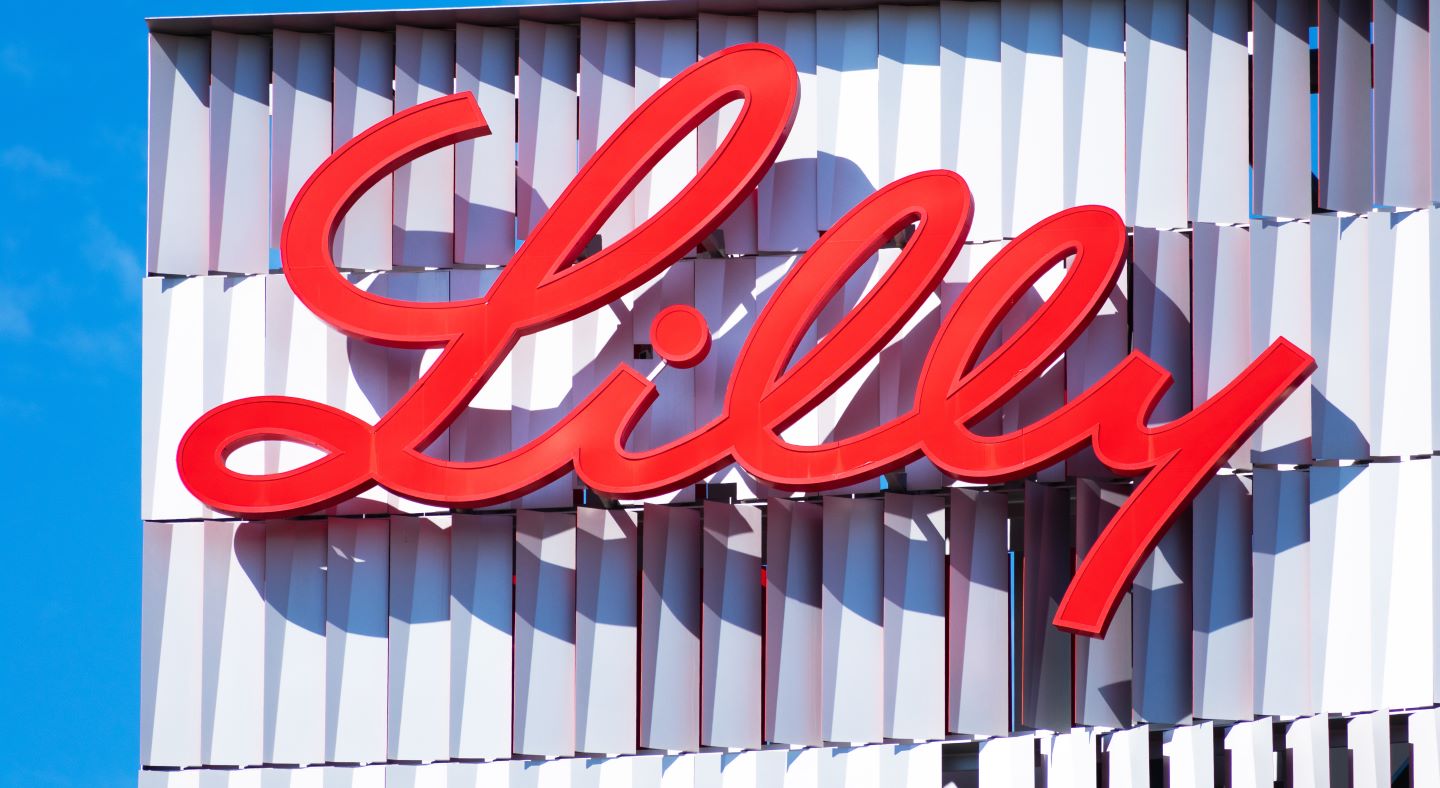
Eli Lilly and Company has signed a definitive agreement for the acquisition of all outstanding shares of radiopharmaceutical company POINT Biopharma for an all-in cash price of $1.4bn.
Lilly offered $12.5 for each share of POINT.

Discover B2B Marketing That Performs
Combine business intelligence and editorial excellence to reach engaged professionals across 36 leading media platforms.
POINT’s pipeline comprises radioligand cancer therapies in the clinical and preclinical development stages.
Two lead programmes, PNT2002 and PNT2003, are currently at the late developmental stage.
PNT2002 and PNT2003 are being developed to treat metastatic castration-resistant prostate cancer and gastroenteropancreatic neuroendocrine tumours, respectively.
The company runs a 180,000ft² radiopharmaceutical manufacturing unit in Indianapolis, US, and a radiopharmaceutical research and development centre in Toronto, Canada.

US Tariffs are shifting - will you react or anticipate?
Don’t let policy changes catch you off guard. Stay proactive with real-time data and expert analysis.
By GlobalDataEli Lilly and Company oncology unit Loxo@Lilly president Jacob Van Naarden stated: “Over the past few years, we have seen how well-designed radiopharmaceuticals can demonstrate meaningful results for patients with cancer and rapidly integrate into standards of care, yet the field remains in the early days of the impact it may ultimately deliver.
“We are excited by the potential of this emerging modality and see the acquisition of POINT as the beginning of our investment in developing multiple meaningful radioligand medicines for hard-to-treat cancers, as we have done in small molecule and biologic oncology drug discovery and development.”
The boards of directors of Lilly and POINT have granted approval for the acquisition, which will conclude by the end of 2023.
Radioligand therapy works by binding a radioisotope to a targeting molecule that irradiates cancer cells.
This latest development comes after the US Food and Drug Administration declined to approve Lilly’s lebrikizumab for atopic dermatitis or eczema, and issued a complete response letter to the biologic licence application for the drug.




